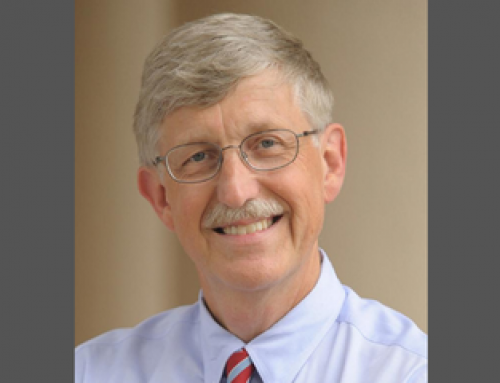Guest Blog
Last week brought very exciting news to the field of sleep and circadian science with the announcement of the 2017 Nobel Prize in Physiology or Medicine.
Drs. Michael Rosbash and Jeffrey C. Hall of Brandeis University, and Dr. Michael W. Young of the Rockefeller University won for their discoveries in fruit flies of how the per gene and its protein product are able to produce a ~24-hour rhythm, the basis for our understanding of the transcriptional-translational feedback loops that underlie circadian rhythmicity in all organisms. Their findings, first published just over 30 years ago, have led to an explosion in our understanding of the circadian molecular clockworks, including how those cellular clocks impact human health and behavior, and how disruption of circadian timing can lead to disease.
While you can’t choose who gets nominated for the 2018 Nobel Prize, you CAN play a role in nominating deserving researchers for the 2018 Sleep Research Society Distinguished Scientist Award, the Mary A. Carskadon Outstanding Educator Award, and the Outstanding Scientific Achievement Award. View the full details.
Jeanne F. Duffy, PhD, MBA
SRS Secretary/Treasurer






